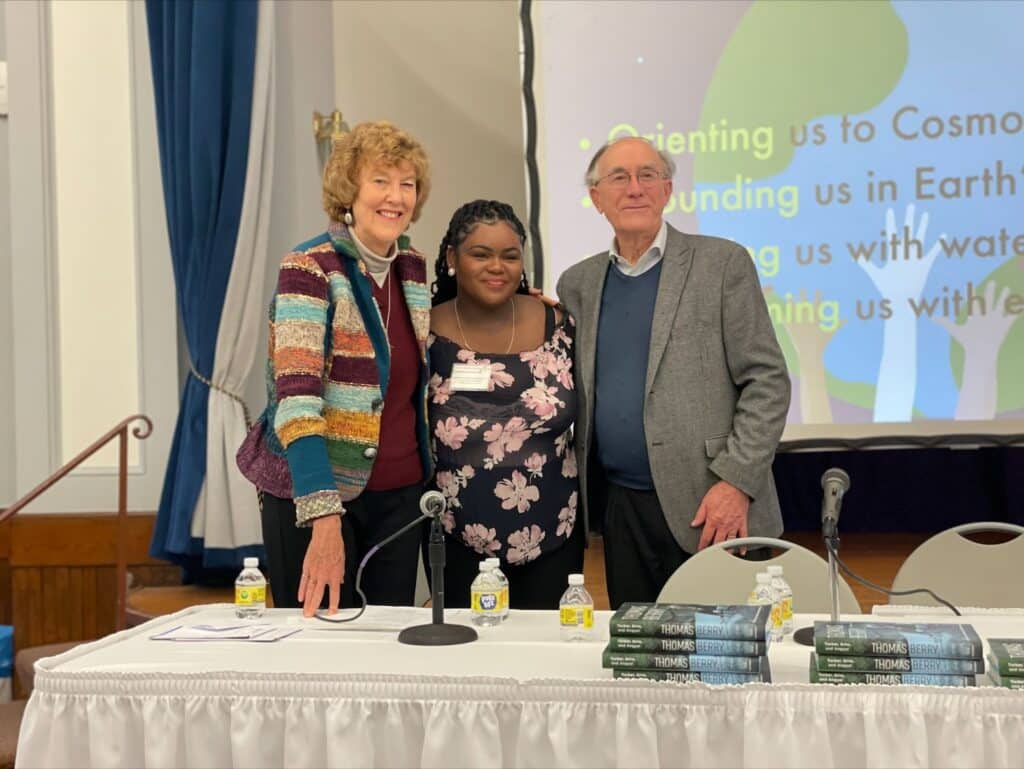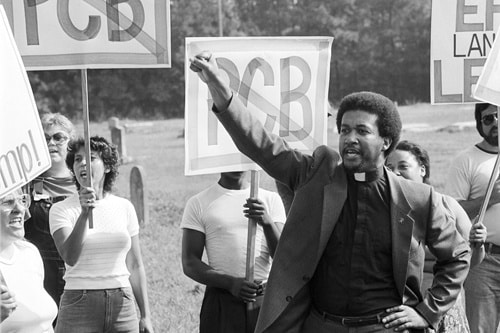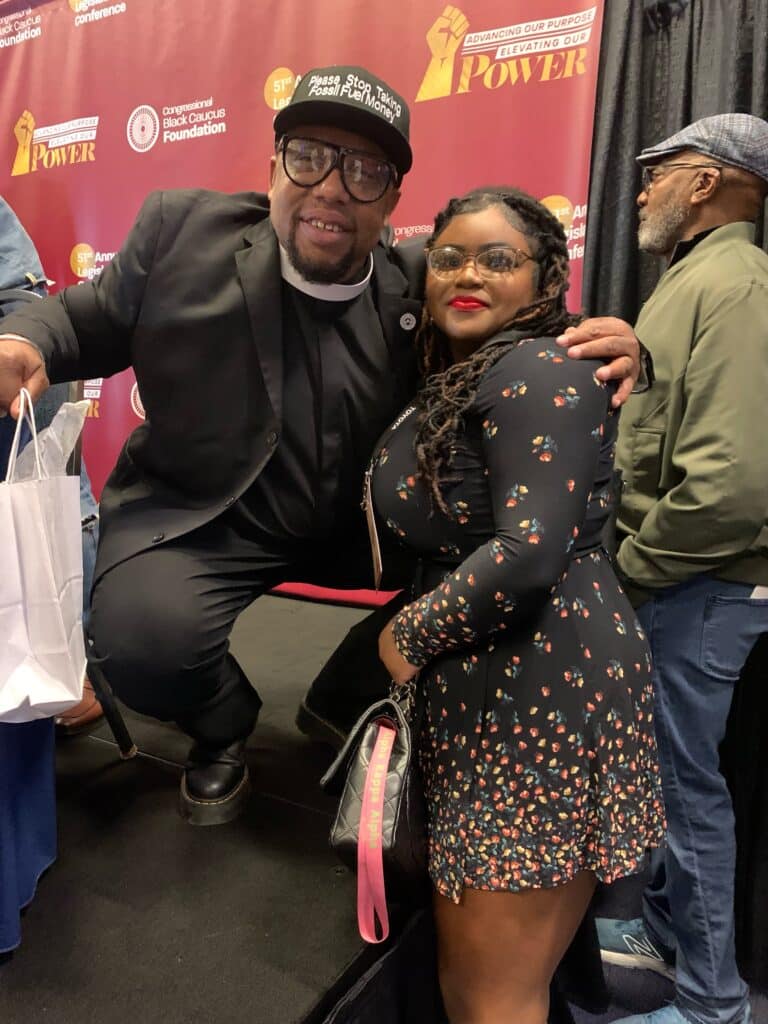
How Black Americans Can Reclaim Leadership Within the Environmental Movement
By SaAnkhessa Meskheniten, Fall Fellow, Green 2.0
SaAnkhessa Meskheniten is a senior at Trinity Washington University and majoring in Business Administration with a minor in Environmental Justice. To mark the end of her fellowship with Green 2.0, she explores her experience in the environmental field and how Black Americans can reclaim leadership within the movement.
Growing up as an African American there were many social justice issues that I thought could support my community. Although my desire to contribute to social change was strong, it felt impossible to figure out where I could focus, until I discovered the environmental justice (EJ) movement.
When I started my studies, I learned that the EJ movement encompasses all of the different social justice issues that impact communities of color. The movement creates a space where knowledge on how to maintain our communities’ health and longevity can be passed down for generations. We should continue to put our efforts towards the environmental justice movement so that communities of color have a healthy and sustainable future.
The EJ movement was a cause I could get behind because it embodied all of the aspects of Black life that we’re fighting for and made an investment towards our future as a people. Advancing environmental justice can lead to increased jobs, better health and wellness for our people, and stronger relationships between communities of color and their government.
As I dove further into my studies of the EJ movement, I soon learned that the movement was founded by Black Americans because of the environmental racism they faced across the country. In the 1980’s a landfill in Warren County, North Carolina “was designated to host a hazardous waste landfill.” As a result, the local community organized a large nonviolent protest against the state’s decision. While they were not successful in changing the dumping site, the uprising is seen as the “national start to the environmental justice movement.”

Unfortunately, Black Americans have been pushed to the sidelines within the movement. According to Green 2.0’s 2021 Transparency Report Card, 73.1% of environmental organizations were headed by White leaders, where as only 7.5% were headed by Black or African American leaders. In many spaces, we have been removed from the conversation and our voices have been muted.
How can we become actively a part of the conversations and continue to carve out spaces for Black leadership?

Our ancestors fought for future generations to have access to the same knowledge and education as those of their White counterparts. We have to educate ourselves and our children on the harmful effects of climate change. This will require new practices, organizations, and programs within our communities to combat climate change.
We also have to vote because it impacts policy. Our people fought long and hard for our right to vote because they understood that this was a major way Black Americans and other people of color can influence our fate and well-being.
Lastly, there are so many Black environmental justice leaders who have paved the way before us. There are also amazing Black social and environmental justice influencers on social media sharing important resources. The environmental movement needs all of us to be involved and to use our voices to ensure a just and sustainable future.
For more information about SaAnkhessa, follow her on LinkedIn!